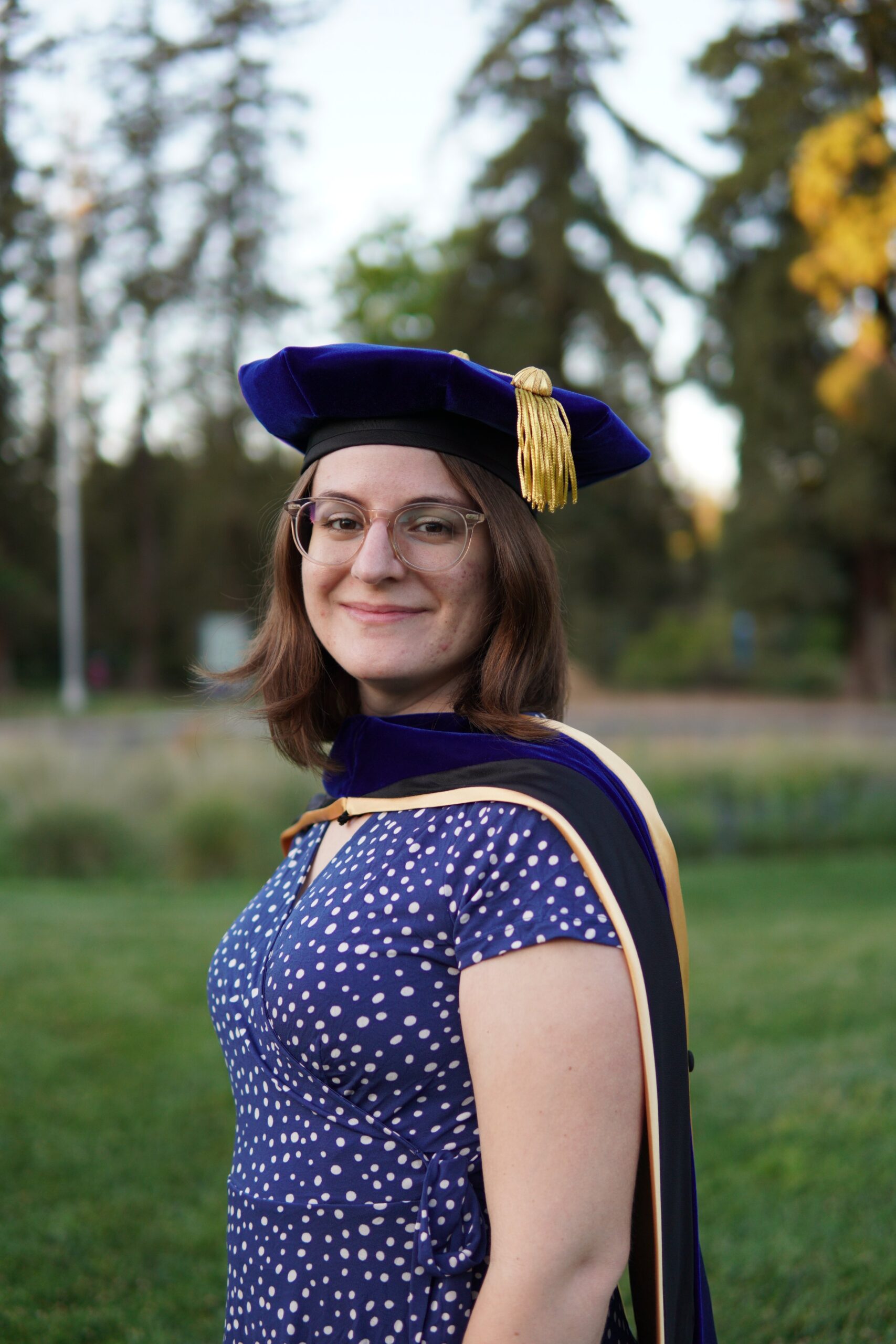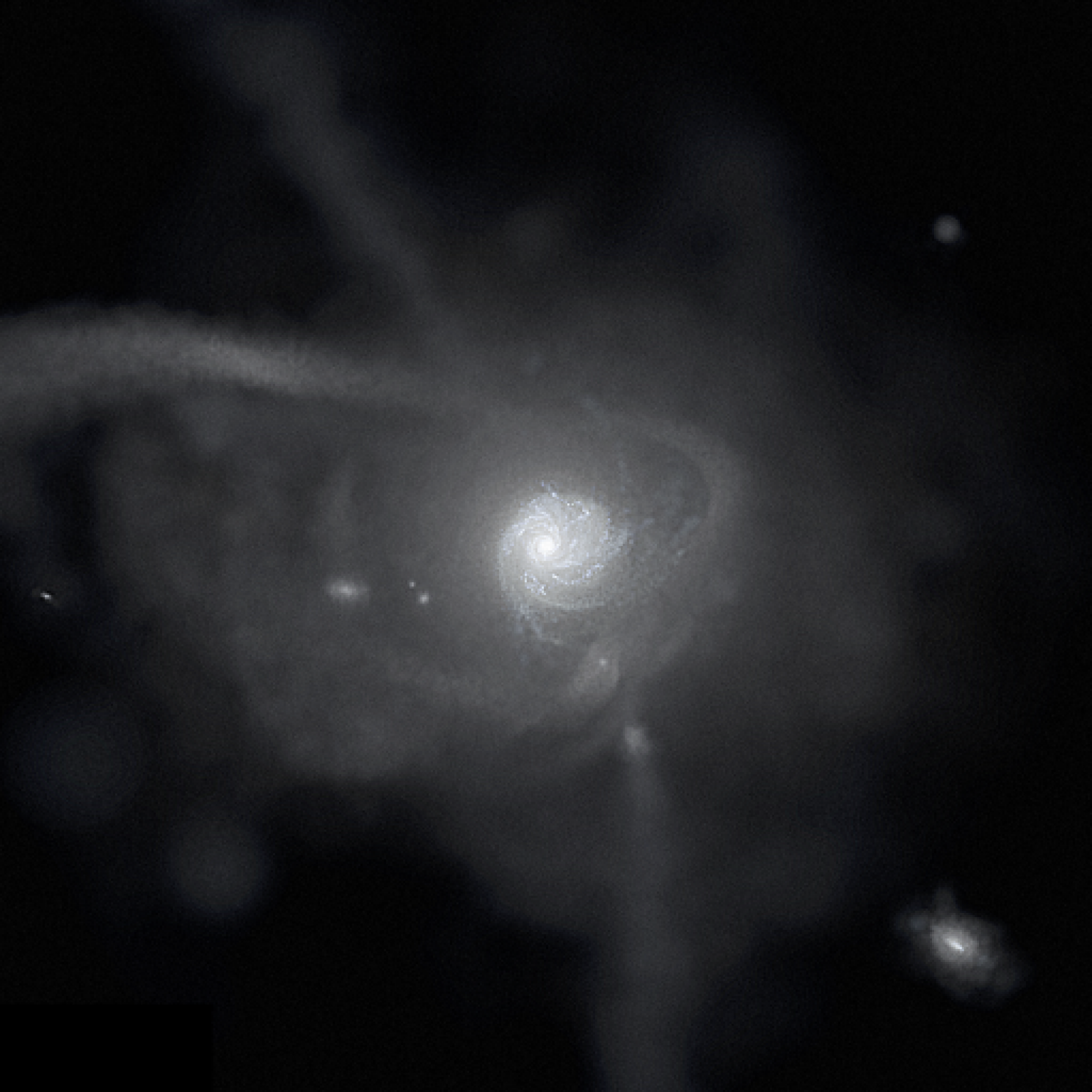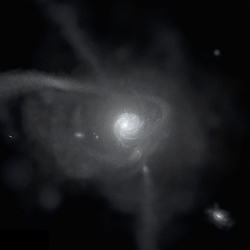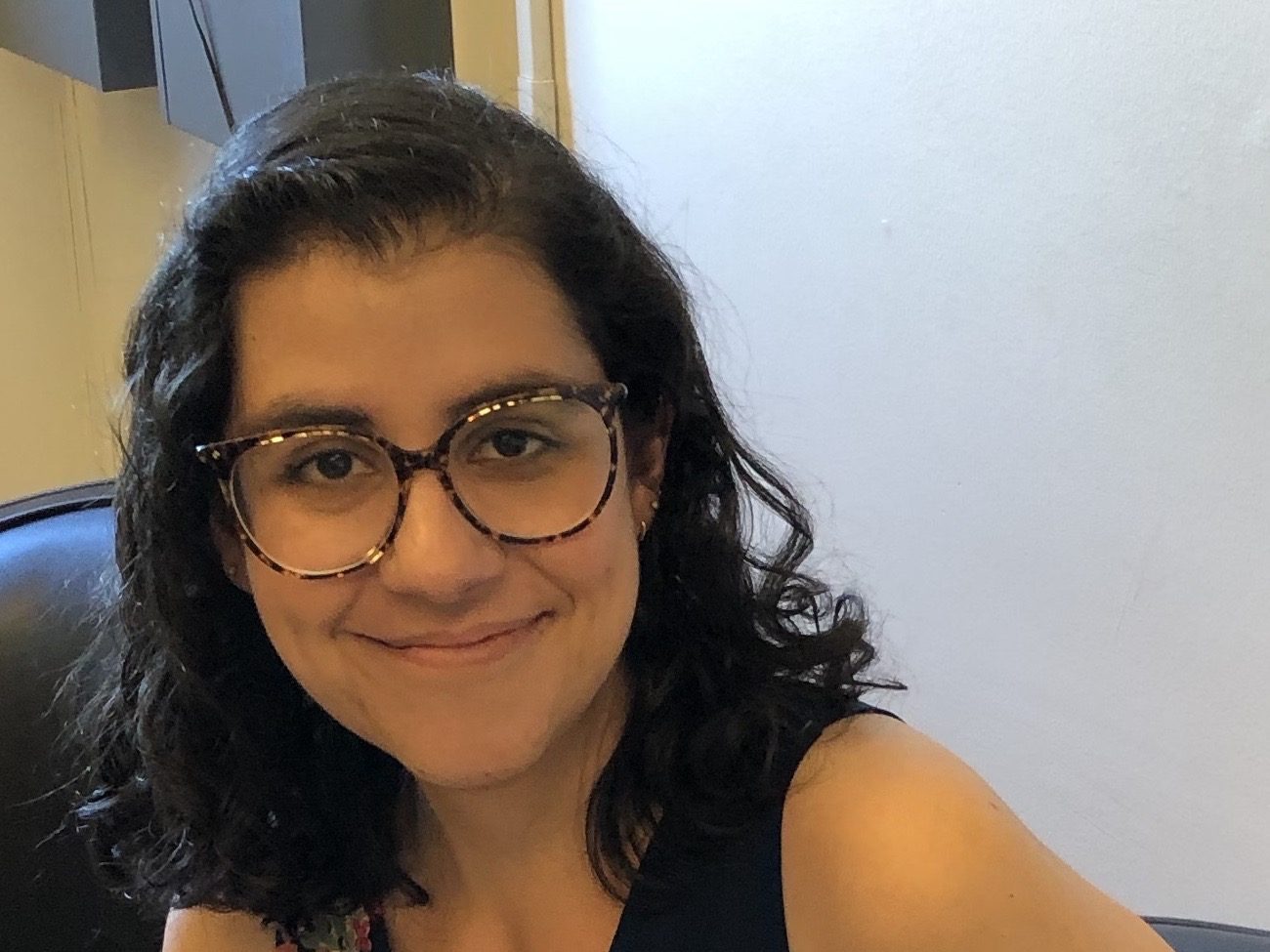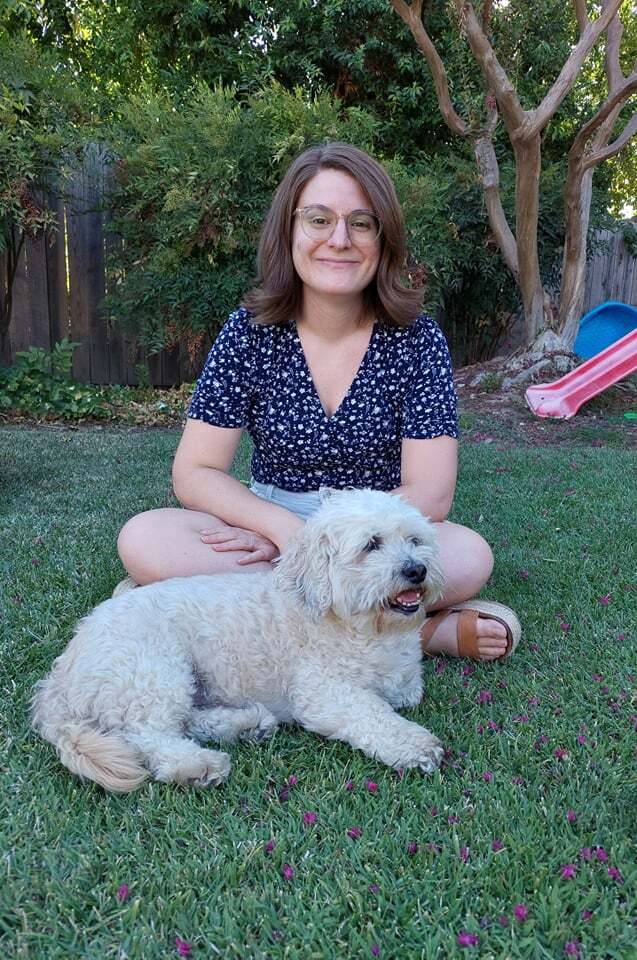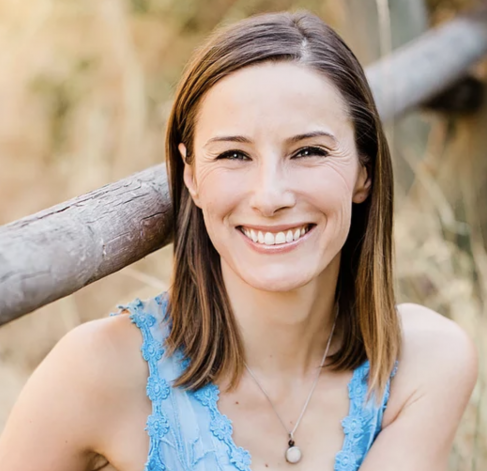
Today I received my official letter from the Chancellor at UC Davis that, as of July 1, I will be promoted to associate professor with tenure. I acknowledge and sincerely thank all of my mentors in (astro)physics over the last 18 years who helped me arrive at this point, including (but by no means limited to):
Vatche Sahakian (Harvey Mudd College)
Ann Esin (Harvey Mudd College)
Nelson Hoffman (Los Alamos)
Simon Swordy (U Chicago)
Daniel Holz (Los Alamos, U Chicago)
Martin White (UC Berkeley)
Joanne Cohn (UC Berkeley)
Jeremy Tinker (UC Berkeley, NYU)
Frank van den Bosch (Yale U)
Daisuke Nagai (Yale U)
Marla Geha (Yale U)
Nitya Kallivayalil (Yale U, U Virginia)
Phil Hopkins (Caltech)
John Mulchaey (Carnegie Obs)
Josh Simon (Carnegie Obs)
Juna Kollmeier (Carnegie Obs)
Andrew Benson (Carnegie Obs)
James Bullock (UC Irvine)
Risa Wechsler (Stanford U)
